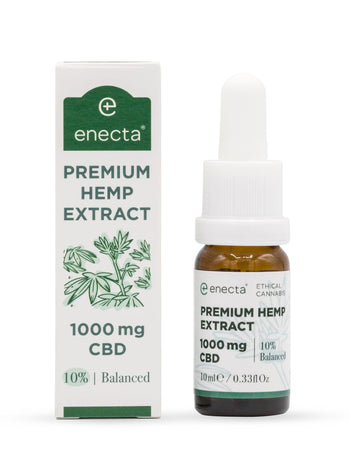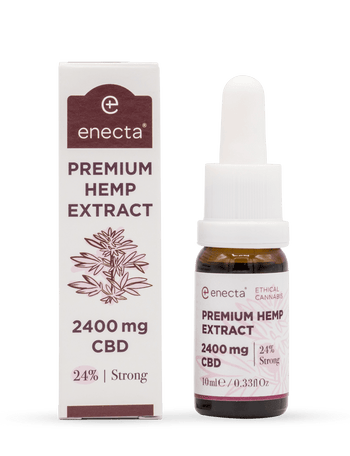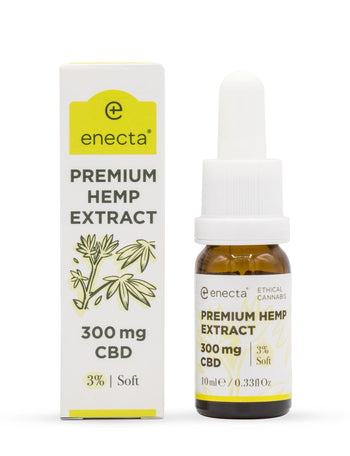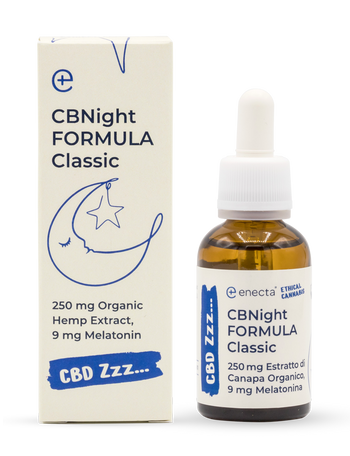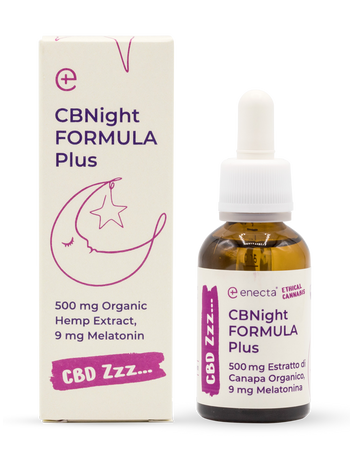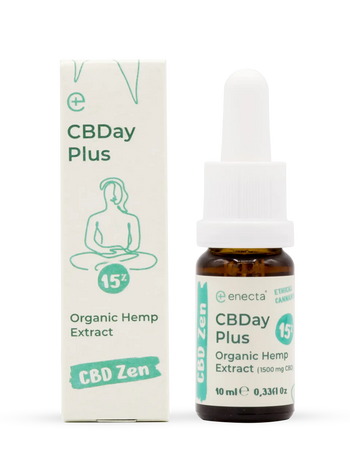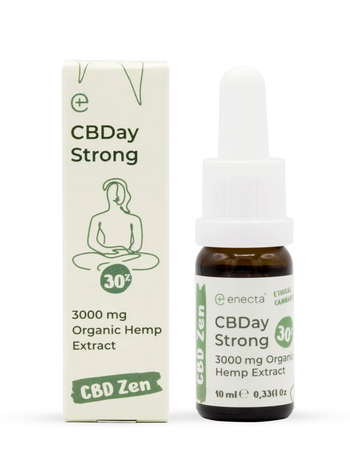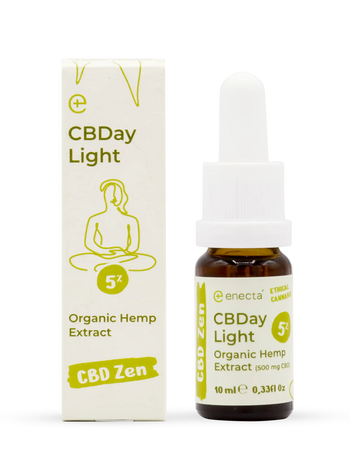The increased popularity of cannabidiol (CBD) combined with scientifically backed evidence supporting its benefits, has led those wondering whether CBD can help manage asthma symptoms.
There is currently growing interest in the use of CBD to treat asthma with some studies suggesting that certain components in CBD may benefit those with the condition. At this point, there is no scientific evidence to suggest CBD can cure asthma. However, the anti-inflammatory effects of cannabidiol could work to reduce airway inflammation which, for serious asthma sufferers, might be enough worth celebrating.
What is asthma?
Asthma is a chronic long-term condition that affects the airways in your lungs. Unfortunately, there is currently no cure for asthma which is often diagnosed in childhood. People suffering from asthma find it harder to breathe in and out because the airways in their lungs become narrower. Symptoms can appear without notice and range from mild to severe and can be brought on by cold weather, some foods, allergies, and even sinus infections. Some of the symptoms include:
- Chest tightness
- Coughing (especially at night or early morning)
- Shortness of breath
- Wheezing
- Itchy throat
When these symptoms get much worse, a person can experience what is called an asthma attack and may be life-threatening if not treated properly. During these symptoms, a person’s breathing is compromised and their lungs experience radical changes, including:
- Tightened airways
- Thickened airways
- Blocked airways
These can happen individually or concurrently. Prevention and long-term control are key to stopping asthma attacks. It’s important to recognise the triggers before an attack and then take steps to avoid those triggers. As there is no cure for the condition, it’s especially important for those suffering to reduce their symptoms in order to improve or maintain their quality of life.
How can CBD help asthma?
Researchers have looked into CBD and whether it provides any benefits for people with asthma due to its anti-inflammatory and antispasmodic properties. An animal study published in 2015 suggested that CBD treatment decreased the inflammatory and remodelling processes in mice. At this point, there is yet to be enough scientific evidence to accept CBD as an effective treatment solution for asthma in humans. However, it’s anti-inflammatory benefits might help reduce symptoms, including chest pain, inflammation and spasms.
Chest pain is common during asthma attacks and can cause patient distress due to its piercing sensation that only subsides after the asthma attack. In a recent study on chest pain in acute asthma, researchers found 76 percent of interviewees experienced some form of chest pain on the onset of an asthma attack. In 2008, a review by GW Pharmaceuticals found that due to its ability to alleviate pain, CBD can help in binding and altering the cells that mediate pain.
CBD also acts as a bronchodilator. When a patient suffers an asthma attack their bronchioles become severely constricted causing the rate of oxygen to drop at an alarming rate. Research into alternative therapeutic strategies has shown the use of CBD promotes bronchodilation. In other words, CBD helps widen and relax the airways, counteracting the inflamed bronchi and bronchioles.
CBD has also been found to lower bronchial spasms caused by inflammation, resulting in shortness of breath and tightness in the chest. CBD helps to lower the degree of muscle constriction around the bronchioles, acting as an ‘antispasmodic’ reducing the feeling of tightness in the chest during attacks.
Best ways to use CBD?
Due to its impact on the lungs, smoking or vaping CBD is not recommended as it could cause further irreversible damage to your lungs. Instead, try CBD oil. It’s taken orally by squeezing the recommended dosage into your mouth before swallowing. CBD oil often works quite quickly and has the added benefit of the ability to control and adjust the dosage.
Finding the right dosage of CBD oil for asthma may take some experimentation as the effects, much like other prescription medications, can be affected by age, weight, and metabolism. You may need to experiment with dosage before you find what works best for you. But it’s recommended to start with the lowest dosage and if that doesn’t produce results, slowly increase until you see results.
Just remember before starting any alternative treatment consider speaking to your doctor who can then advise you on whether CBD oil will be beneficial in your treatment and if so, advise you on an appropriate dosage based on their assessment.


























